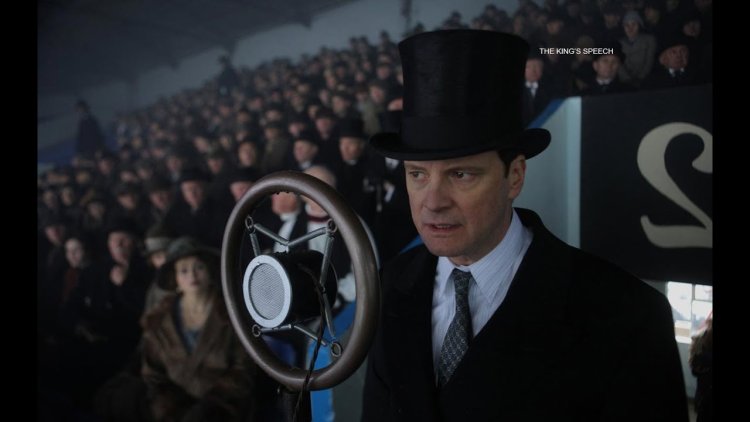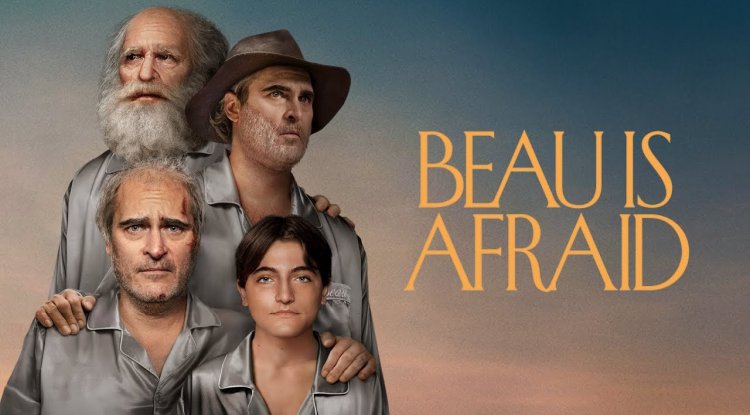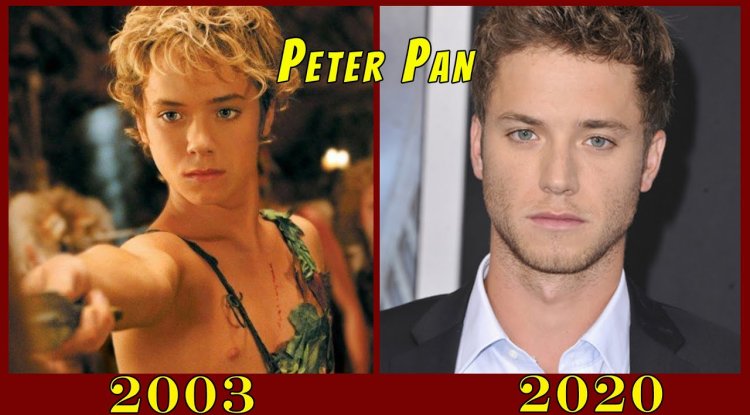The King’s Speech, 2010*
"The King's Speech" is a critically acclaimed movie directed by Tom Hooper and written by David Seidler. It stars Colin Firth as King George VI, Helena Bonham Carter as Queen Elizabeth, and Geoffrey Rush as Lionel Logue, the speech therapist who helps the King overcome his speech impediment.

Plot
The movie is set in the 1930s, just as King George VI ascends to the throne after the abdication of his brother, King Edward VIII. The King's speech impediment becomes a major issue as he is expected to address the nation during the beginning of World War II. This leads to his wife, Queen Elizabeth, enlisting the help of an unconventional speech therapist, Lionel Logue.
Through a series of unorthodox exercises and techniques, Logue helps the King overcome his stutter and delivers a powerful speech to the nation, inspiring them to fight against Nazi Germany. The movie ends with the King successfully delivering his speech, highlighting his immense growth and development throughout the movie.
Historical Significance
The movie has significant historical significance as it highlights the importance of leadership and overcoming personal obstacles. The King's speech resonated with the British public and encouraged them to stand united during the trying times of World War II. It also highlights the role of speech therapy in helping individuals overcome speech impediments, which was a relatively new concept during that time.
Critical Reception
"The King's Speech" was a critical and commercial success, grossing over $400 million worldwide and winning four Academy Awards, including Best Picture, Best Director, Best Original Screenplay, and Best Actor for Colin Firth's portrayal of King George VI.
Also Check Liam Neeson: ‘I fell in love with a busy woman’
Conclusion
In conclusion, "The King's Speech" is a masterpiece of cinema that highlights the importance of perseverance, leadership, and overcoming personal obstacles. It is a testament to the power of speech therapy and how it can help individuals overcome speech impediments. The movie's historical significance and critical reception make it a must-watch for anyone interested in British history or cinema.




























